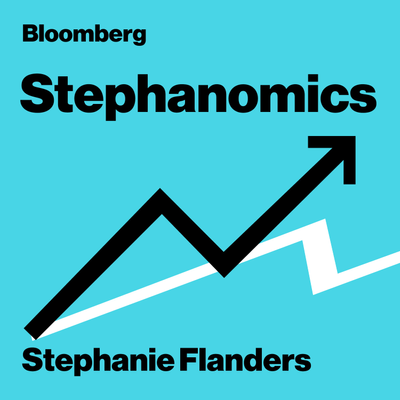Business
With shortages at the grocery store and not enough people willing to work, 2022 is starting to look a lot like 2020. But beneath the ugly exterior, the world's economies have learned to cope with Covid's fallout, and the supply chain debacle in particular. One country is even thriving. In the first episode of the new year, we offer two fairly optimistic assessments. Bloomberg Senior Editor Brendan Murray shares with Stephanie Flanders how companies are adapting to the fast-spreading omicron variant and finding ways to function as more workers fall ill. He also explains that the success of China's zero tolerance policy may determine the length of the supply chain crisis. We then travel to Mexico and the Chihuahuan Desert, where U.S. companies can't build factories fast enough. Tired of backups at Los Angeles-area ports and no-shows by American workers, manufacturers are moving production to the booming border town of Ciudad Juarez, Bloomberg manufacturing reporter Thomas Black reports, in a pandemic victory for Mexico's economy. Finally, Tokyo-based economics reporter Yoshiaki Nohara brings us a dispatch about the side effects of moving toward a greener future. Japan's leadership is trying develop its renewable energy industry by putting offshore wind farms near places like Iki island, off Japan's southwestern coast. But fishermen worry the noise and radio waves will drive away all the fish and cripple their industry. Learn more about your ad-choices at https://www.iheartpodcastnetwork.com

